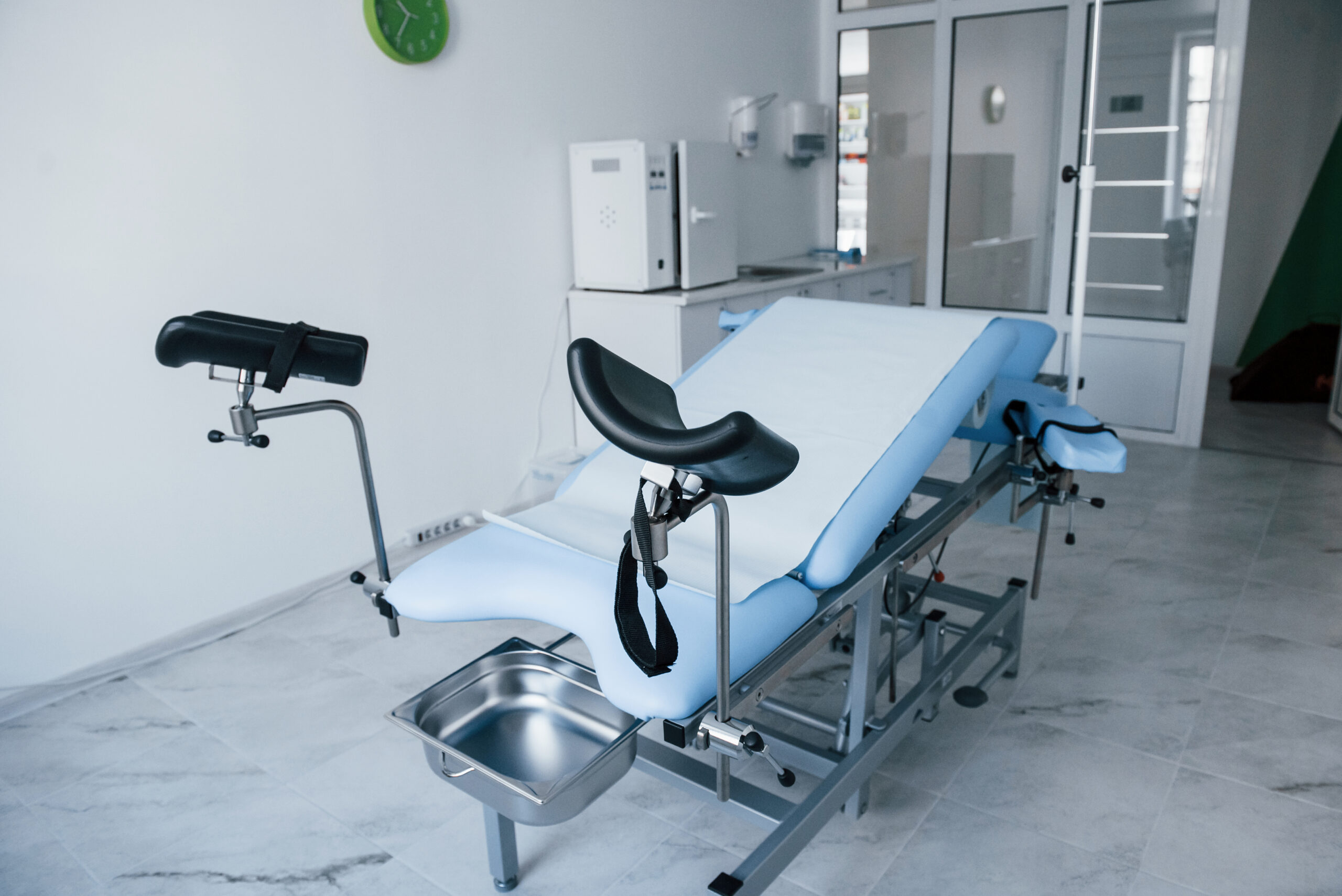- The Choice on Termination of Pregnancy Act makes abortion legal in South Africa. Guidelines from the department of health detail the ins and outs of the procedures.
- If you’re less than 12 weeks pregnant, you can get an abortion just by asking for it. After that an abortion can be performed if you meet certain criteria, and usually only up to 20 weeks.
- There are two types of abortion. For a medical termination you take two pills. In a surgical abortion you go for a small procedure.
- Doctors, nurses and midwives have to be certified to do abortions. Nurses and midwives can perform medical and surgical abortions for pregnancies of up to 12 weeks. After 12 weeks, only a doctor can do a surgical abortion.
Abortions have been legal in South Africa for the past 26 years. But the legal speak in the Choice on Termination of Pregnancy Act and the guidelines that go with it can be daunting to read.
Melusi Dhlamini, a doctor certified to perform abortions, and Boitumelo Lewele, a registered nurse, answer six questions to help you make sense of what to expect when you get an abortion.
1. What does the law say about abortion in South Africa?
The Choice on Termination of Pregnancy Act makes it legal to get an abortion in South Africa. But the rules for when you can get an abortion and who can perform it depend on how far along your pregnancy is.
- Up to your 12th week of pregnancy, getting an abortion is completely your choice. You don’t have to explain your reasons for wanting to end the pregnancy.
- If you’re between 13 and 20 weeks pregnant, the pregnancy may be terminated if it’s the result of rape or incest, you can’t afford to have a child, or if your or the foetus’ health is at risk. This includes severe genetic disorders or serious brain or heart problems.
- After 20 weeks, an abortion is possible only if continuing would put your or the baby’s life in danger. Two doctors have to agree about this.
Only certified doctors, nurses or midwives are allowed to do abortions.
2. Are all abortions done the same way?
No. There are two types:
- In a medical abortion, you take pills that end the pregnancy. This method works best in the first trimester. A trimester means the length of the pregnancy is divided into three periods of three months each.
- In a surgical abortion, you have a small procedure during which the foetus is removed from the womb. The procedure is usually done after 12 weeks of pregnancy, but it’s possible to go this way in the first trimester if your healthcare worker says it’s best for you.
3. How does a medical abortion work?
You take two types of pills, called mifepristone and misoprostol. Research shows that this combo successfully ends a pregnancy more than nine out of ten times.
You take mifepristone first, usually with a nurse at a clinic. This medication makes the lining of the uterus break down. Usually you will then get four misoprostol tablets, which you can take at home 24 hours later. Misoprostol makes the uterus contract, which causes cramping and bleeding.
[WATCH] What pills are used in a medical abortion?
4. What if I can’t get to a clinic?
Then the solution can come to you. In early 2020, when COVID-19 lockdown rules restricted people’s movement, Marie Stopes South Africa, a chain of private abortion clinics, started offering teleabortions.
“A pregnancy is not going to wait for lockdown to end, it’s going to continue growing,” Dhlamini said when we asked him about why they started the at-home option. At the time, Dhlamini was the director of clinical services at Marie Stopes.
A teleabortion follows the same steps as a medical abortion, but instead of going to a clinic you do a consultation with a doctor or nurse on the phone. During the call they assess whether it will be safe for you to have an abortion. If you meet the criteria, they prescribe the pills, have them delivered to you and then help you through the process on the phone. It’s best to do a phone-in abortion if you’ve been pregnant for nine weeks or less.
[WATCH] Who can get a self-managed abortion in SA?
- To learn more about how medical abortions and the telemedicine service work, watch our full video with Melusi Dhlamini
5. How does a surgical abortion work?
During a surgical abortion a plastic tube (called a cannula) is inserted into the cervix, which is the opening of the womb. The tube is connected to a vacuum device like a large syringe to provide gentle suction that removes the foetus from the womb. This is called a vacuum aspiration.
A surgical abortion can also be done by dilating – or widening – the cervix and then using a pair of forceps (a tong-like instrument) connected to a suction device to remove the pregnancy. This method is called dilation and evacuation.
Vacuum aspiration is most commonly used up to 14 weeks of pregnancy, while the dilation and evacuation method is often better for pregnancies that are further along. But your doctor will talk to you about which option is best based on your health assessment.
[WATCH] What happens during a surgical abortion?
You may be given misoprostol during a surgical abortion . This is called priming and helps to widen the cervix and makes the procedure more comfortable.
When you’ve had a surgical abortion you should get antibiotics to prevent infection and pain medication to help you deal with any discomfort afterwards. The facility you go to must also have a recovery room where you can be monitored before going home.
[WATCH] What should happen after a surgical abortion?
- What can you expect after being discharged? Check out the full video on surgical abortions with Boitumelo Lewele
6. How much does an abortion cost?
Abortions are free at government hospitals and clinics.
In private facilities such as Marie Stopes medical abortions cost around R2 000 in 2022 and the cost hasn’t changed much in 2023. Surgical abortions cost anywhere from R2 000 to R6 500.
Medical aids must cover a voluntary abortion because it is listed as a prescribed minimum benefit by the Council for Medical Schemes. You can check with your medical aid for more information.
*This post was updated on 9 February 2023 to reflect new prices for medical abortions at Marie Stopes in 2023.





